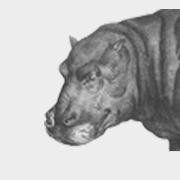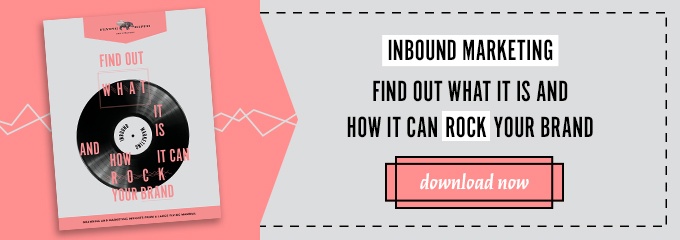4 Things I Learned About Research Interviews From Baseball
Ah, fall. The leaves are changing, the air is cold and crisp and Christmas decorations are prematurely set out at Younkers.
It’s also the time for playoff baseball, when Chicago and Milwaukee fans’ hopes are dashed for yet another year, and their teary-eyed focus turns to Soldier Field or Lambeau for the winter. (Note: The author is an unapologetic Cardinals fan.)
When you’re running a marketing campaign, chances are you don’t know everything about what your client does. Whether they sell sheet metal or sausage casing, it’s up to marketers to know everything they can about their clients’ businesses, what they sell and who they market to. It can be tricky to pull it off, but the best way to do it is to sit down and interview them, mano a mano.
Same goes with baseball: training is everything. There are more than a few key lessons that marketers can borrow from the ol’ American pastime, especially when conducting research interviews with clients. Here are 4 key lessons I learned:
Record and Take Notes
If you come to an interview with just a notebook, you’re going to have a hard time. Unless you know shorthand (which is actually a pretty good idea), there’s no way you’ll accurately write down everything your source says. People talk faster than you can write, so you’re going to drop a word. More than that, there’s inflection in the human voice that carries meaning, and it can be really hard to convey that information over to paper.
Baseball pitchers watch videos of their performance from every game. It’s how they know if there’s something that could be improved upon. If their coach was just taking notes on a pad of paper, there’d be a lot to be desired in terms of context. In much the same way, both digitally recording and taking pen-and-paper notes in your interview eliminates ambiguity.
But don’t go out to the store and purchase a voice recorder just yet. Smartphone apps such as Skyro, Voice Record Pro and Google Keep, all of which offer cloud sync so you don’t have to bog down your phone with enormous .wav files. Also, before you go into an interview, make doubly sure that your equipment works. Losing your interview because your phone battery dies is gut-wrenching, and asking for a pen just makes you look like a dunce.
Focus
Marketers are busy, busy people, and we all have countless things on our plates. When we’re conducting an interview, it can be hard to push everything else to the back of your brain, but that’s the most important thing you can do to get quality information.
It must be hard to play outfield. Most of the action is in the infield, yet outfield players need laser-like focus though the ball may not reach them during an inning at all. Still, their resilience and focus helps them catch that line drive every time (or nearly every time).
When you’re going into an interview, make sure it’s the only thing you’re doing. Close the unnecessary browser windows. Quit fiddling with your pen. Don’t think about lunch. Put the focus on the task at hand, and the quality of your interview will skyrocket.
 Be Prepared and Act On It
Be Prepared and Act On It
Aside from watching videos of themselves, pitchers also watch videos of the competition. By knowing that your opponent’s shortstop can’t hit a sinking inside fastball to save his life, you’ve just gained an edge over the other team that can save you a run or two.
Crafty marketers can do the same. What can you learn about your client ahead of time that can impress or stun them? Get your questions ready ahead of time to prove you know what you’re talking about. And, once you have that key information, get ready to throw a change-up and get to the heart of the matter.
One thing I like to do at the end of every interview is ask one simple question: “Is there anything else you’d like to add?” I’ve gotten so much crucial information from sources just by giving the source the reins for a second.
Practice and Get Feedback
Today’s baseball stars didn’t fall from the clouds into the dugout. They worked really, really hard to get there, and floundered through tough times for years before finally making the big leagues. Just like anything, your interview skills won’t be perfect on the first try.
If you don’t think it would be too intimidating for your client, consider bringing along a co-worker to help you with the interview. It’s good to have someone else to help ask the tough questions, and it’s an even bigger bonus to get (and give) some honest feedback when you’re done.
How do you prepare for interviews? Leave us a comment below!
Photos courtesy bk1bennett and usmcarchives

 Be Prepared and Act On It
Be Prepared and Act On It
